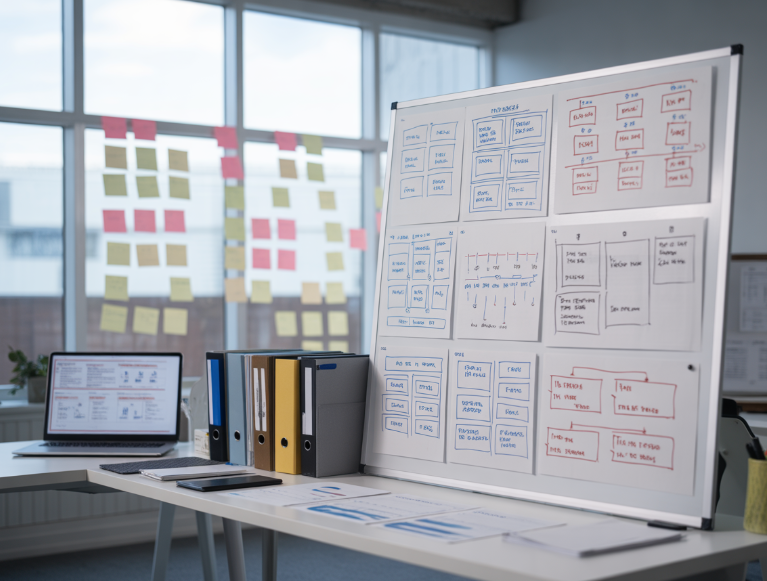what appliances use gas in an apartment
Core Gas Appliances
The answer to “what appliances use gas in an apartment” is centered on three essentials:
1. Gas Range (Stove/Oven)
The most common gas appliance in rental units. Features open flames for the cooktop, gaspowered ovens for even heat distribution. Instantly adjustable heat, and a major draw for serious cooks. Often the only gas appliance in modern studios or smaller apartments.
2. Gas Water Heater
Responsible for heating water for showers, sinks, and the dishwasher. May be an individual tank in each apartment, but often, a single large tank or tankless heater serves a building or a floor. Efficient, heats quickly, but discipline needed for regular vent and sediment checks.
3. GasFired Central Heating (Furnace or Boiler)
Furnaces heat air (forced air through ductwork); boilers heat water (for radiators or baseboards). Main heating source in many climates; thermostats control timing and temperature. Essential for winter comfort; discipline is needed for annual checks and filter swaps.
Less Common But Possible Gas Appliances
4. Gas Dryer
Powerful drying, lower operational cost than electric, but needs dedicated venting and hookups. Rare in studios, more likely in larger or highend complexes.
5. Gas Fireplace
Seen in select or luxury apartments; less about heating, more about ambiance and spot warming.
What Doesn’t Use Gas?
Refrigerators, microwaves, dishwashers, and most small appliances are electric—no routine gas use. Laundry (washing machine) and lighting: always electric in modern codes.
How to Tell If Appliances Use Gas
Look for gas shutoff valves and metal/flexible lines near the device. Pilot lights, igniters, open flame (cooktop) or glow bar (oven) signal gas. Annual utility statement shows a separate gas charge; big jumps in winter suggest gasbased heat.
Why Gas Is Routine in Apartments
Cost: Usually lower, especially for heat and hot water. Performance: Instant flame on stoves, rapid heat from water tanks. Reliability: Unaffected by electrical grid strain.
Maintenance and Checks
Annual inspection for leaks and venting (required by law or contract). Carbon monoxide detectors—mandated by most codes wherever gas is present. Tenants handle minor checks (subscription, resetting pilots); landlords must fix leaks or replace appliances.
Switching Trends
Many new builds are shifting to electric for easier maintenance and climate rules. Gas remains dominant in older buildings; retrofitting to electric is expensive.
Unless clearly stated, never assume—what appliances use gas in an apartment is more than just a list; it’s about utility budgeting and emergency prep.
Tenant Best Practices
Know the location of main shutoff valves; memorize the smell of gas (rotten eggs). Always contact landlord about issues—DIY repairs not allowed on gas lines. Report damage/burner failure/regulator noise immediately.
Pros and Cons for Tenants
Pros
Lower winter heating bills. Faster and chewier cooking results. Short water heater recovery time (multiple showers no problem).
Cons
Risk of leaks, fire, and CO poisoning if not maintained. Some cannot bring or use electric stoves if the gas fails. Less flexibility in appliance selection (gas dryers, for example, are rare in small units).
Routine Checks
- At movein, test every appliance.
- Verify carbon monoxide detector is installed and working.
- Gas bill arrives—scan for usage and spikes.
FAQs
What appliances use gas in an apartment by default? Stoves, water heaters, and heat (furnaces or boilers) are the core trio.
Are gaspowered clothes dryers common? Less so in apartments; more common in large complexes or inunit laundry setups.
Is gas always safe? If inspected, yes; CO leaks, smell, or flame issues must be addressed immediately for health.
Can you ask for electriconly units? Yes—many new buildings offer this; clarify before you sign a lease.
Final Thoughts
Apartment comfort and cost rely on structure and knowledge. The answer to “what appliances use gas in an apartment” is usually straightforward: stove, heat, and hot water. For many, the lower bills and consistent performance are worth it. For all, discipline in maintenance, reporting, and safety is nonnegotiable. Don’t just sign; check, test, and stay informed. In buildings, as everywhere, routine saves money, health, and often, your peace of mind.


